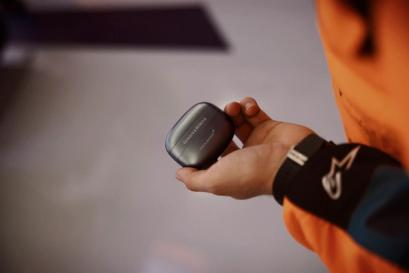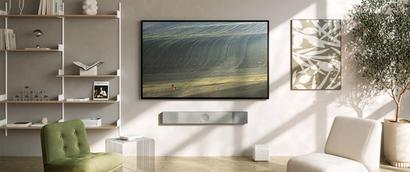
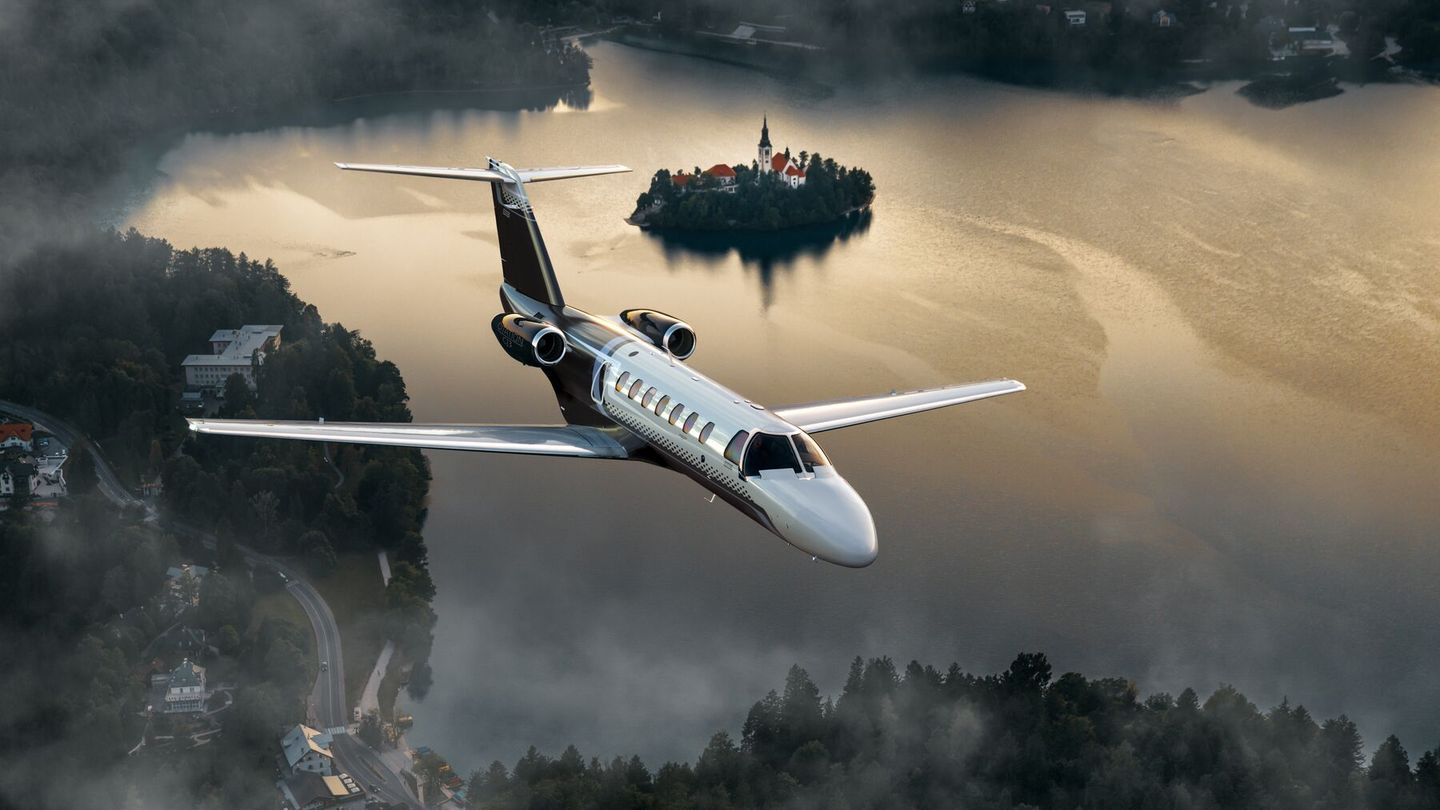
Boardroom to boarding call: why time-strapped entrepreneurs are buying their own aircraft
Business jets are making a comeback. More entrepreneurs and SMEs are considering the perks of whole ownership. Here's why.
Taking your first private jet is a bit like swapping a shared desk at WeWork for your own office in the Shard. Same Zoom calls and emails, just a lot more legroom.
Flying private is hard to describe without sounding indulgent, but it’s really about efficiency. When you're the only passenger being called to board, everything changes. There’s no traditional luggage drop, no long boarding process—just a short walk across the tarmac or a ride in a private car. Take-off happens within minutes of arrival. The only mistake first-timers make? Showing up too early. You’ll learn.

Private jets have long been seen as symbols of wealth and ambition, but the narrative is shifting. Increasingly, ownership is moving into the hands of entrepreneurs and founders of fast-scaling companies—those who are closing deals in hard-to-reach locations and who are simply tired of the inefficiencies of commercial travel. It’s no longer just about luxury; it’s about reclaiming time. And as any business owner knows, time is the one resource you can’t replenish.
Consider the founder of a private equity firm visiting portfolio companies in Birmingham, Bordeaux, and Bologna over two days. Or the chief executive of an agricultural technology business with farms in Scotland, Spain, and Sweden. The grind of commercial travel, including delays, layovers, and missed connections, quickly becomes more than inconvenient. It turns into a liability.
So what are successful and fed up business owners doing about it? Well, some are buying their own planes.
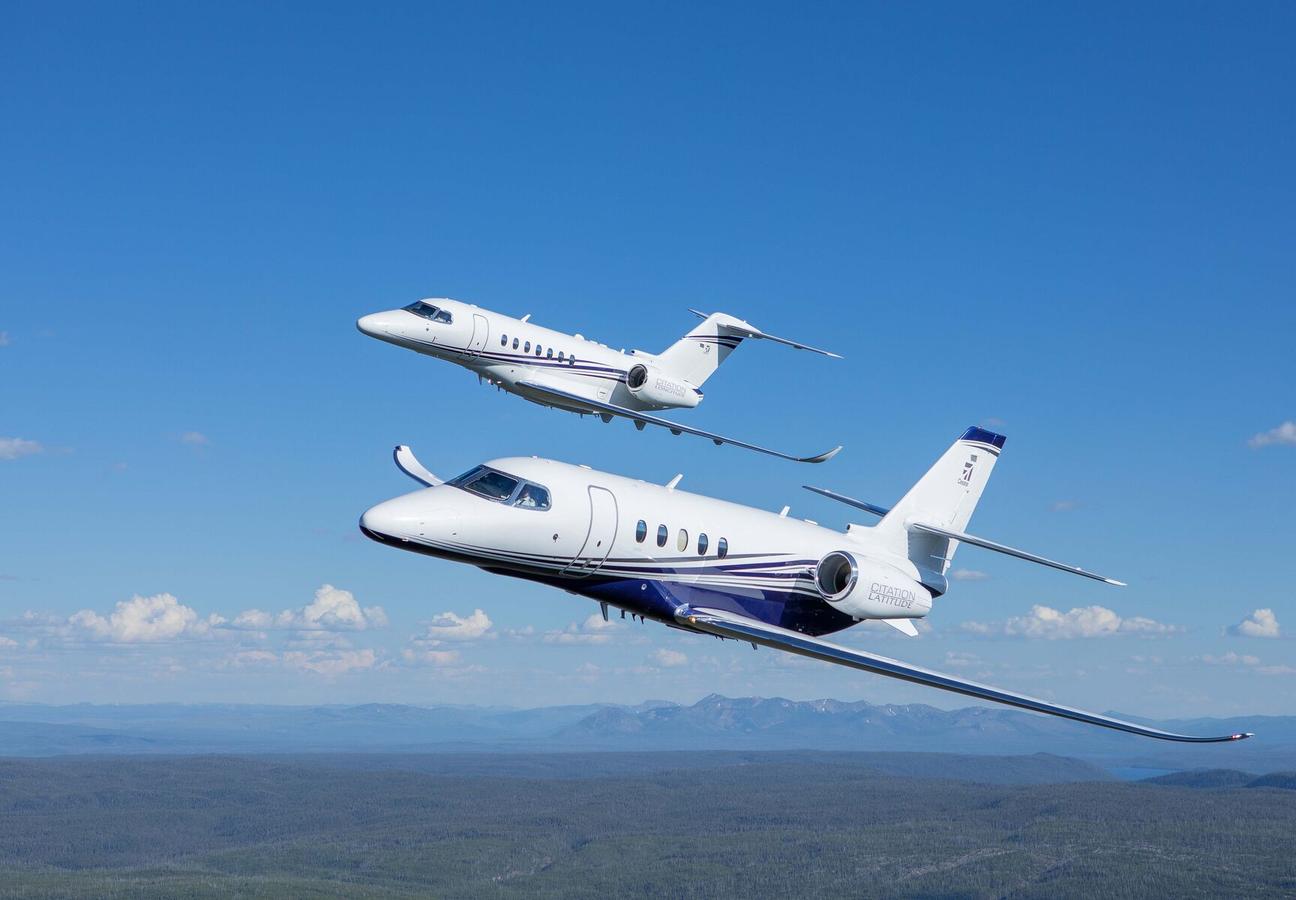
The Cessna Longitude and Latitude in convoy
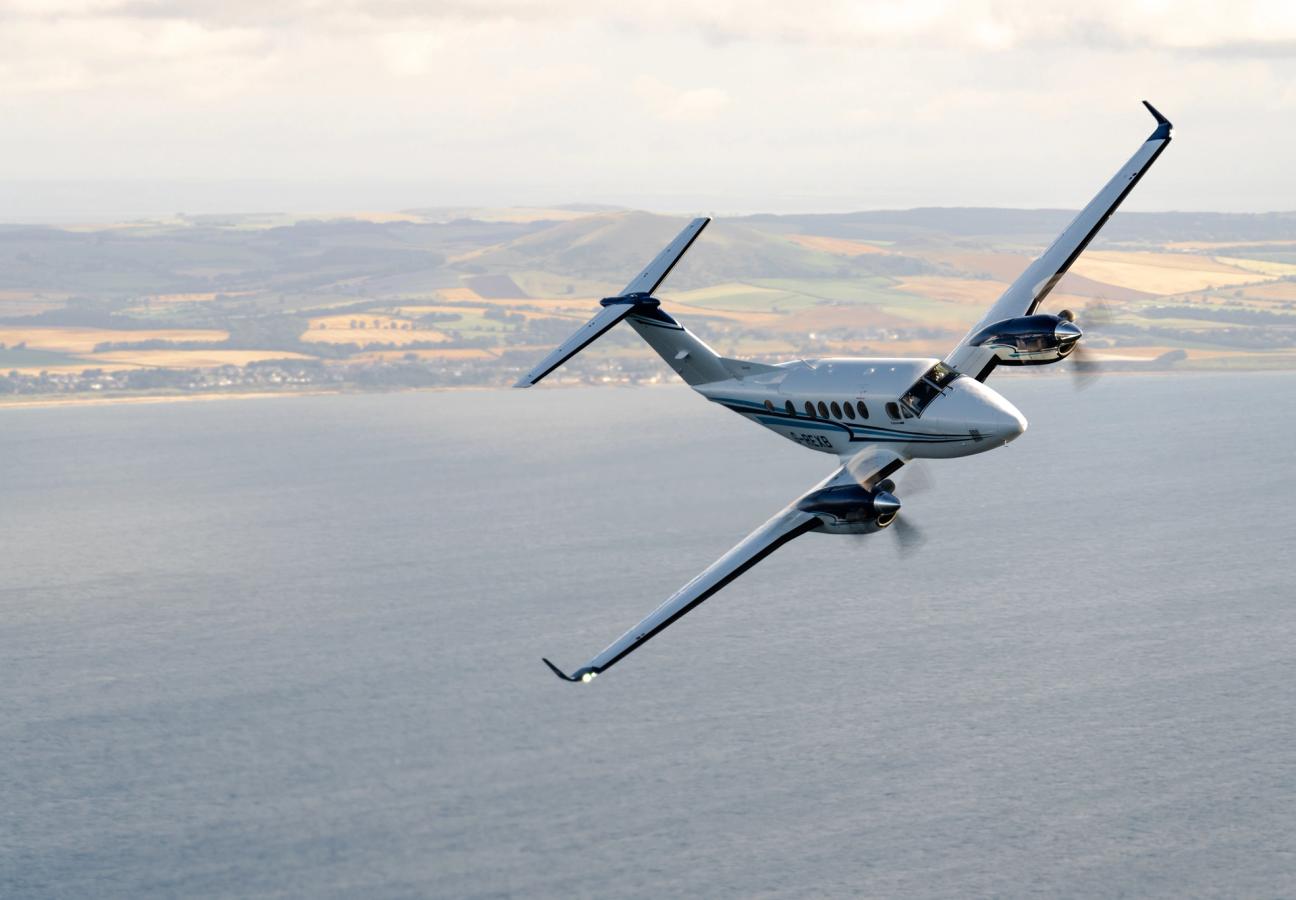
A Beechcraft King Air in flight
One reason for the rise in ownership among U.S. SMEs was the introduction of a 100% bonus depreciation rule in 2017. This allowed businesses to deduct the full purchase price of qualifying aircraft used exclusively for business in the first year—making ownership more financially viable for companies looking to maximise efficiency and minimise taxable income.
That tax break resulted in a significant increase in first-time buyers. Brands like Cessna and Beechcraft, owned by Textron Aviation, were among the biggest beneficiaries. Unlike the £50 million Gulfstreams of yore, these nimble and easy to maintain aircraft start to make sense for companies that fly over 150 hours each year, particularly if you're travelling with a team and need to access places commercial airlines can’t reach.
Think Beechcraft King Air for the founder who needs to land on a remote island in the Hebrides for a distillery visit. Or a Cessna Citation Latitude for a tech CEO who wants to hold meetings at 30,000 feet between Lisbon and Berlin and still make it home in time for a Thursday night soirée at 5 Hertford Street.
And yes, the upfront costs are considerable. A Citation CJ3, for example, will set you back around seven new. But aircraft hold their value surprisingly well, and with the right financing, and after amortisation, tax and time savings are factored in, (and lets not forget about company morale) whole ownership starts to feel less like an indulgence and more like a savvy business hack.
Best for: Agri-business or renewables
A twin turboprop that’s as comfortable landing on grass as it is at London Oxford. Ideal if your meetings take place in stately homes or anywhere that still has sheep on the runway.

A Beechcraft King Air taxiing on grass
Best for: Web3 companies or DTC brands
Fast, minimalist, and efficient, like a flying MacBook Air. Perfect for those whose pitch decks include phrases like “network effects” and “frictionless scalability.”
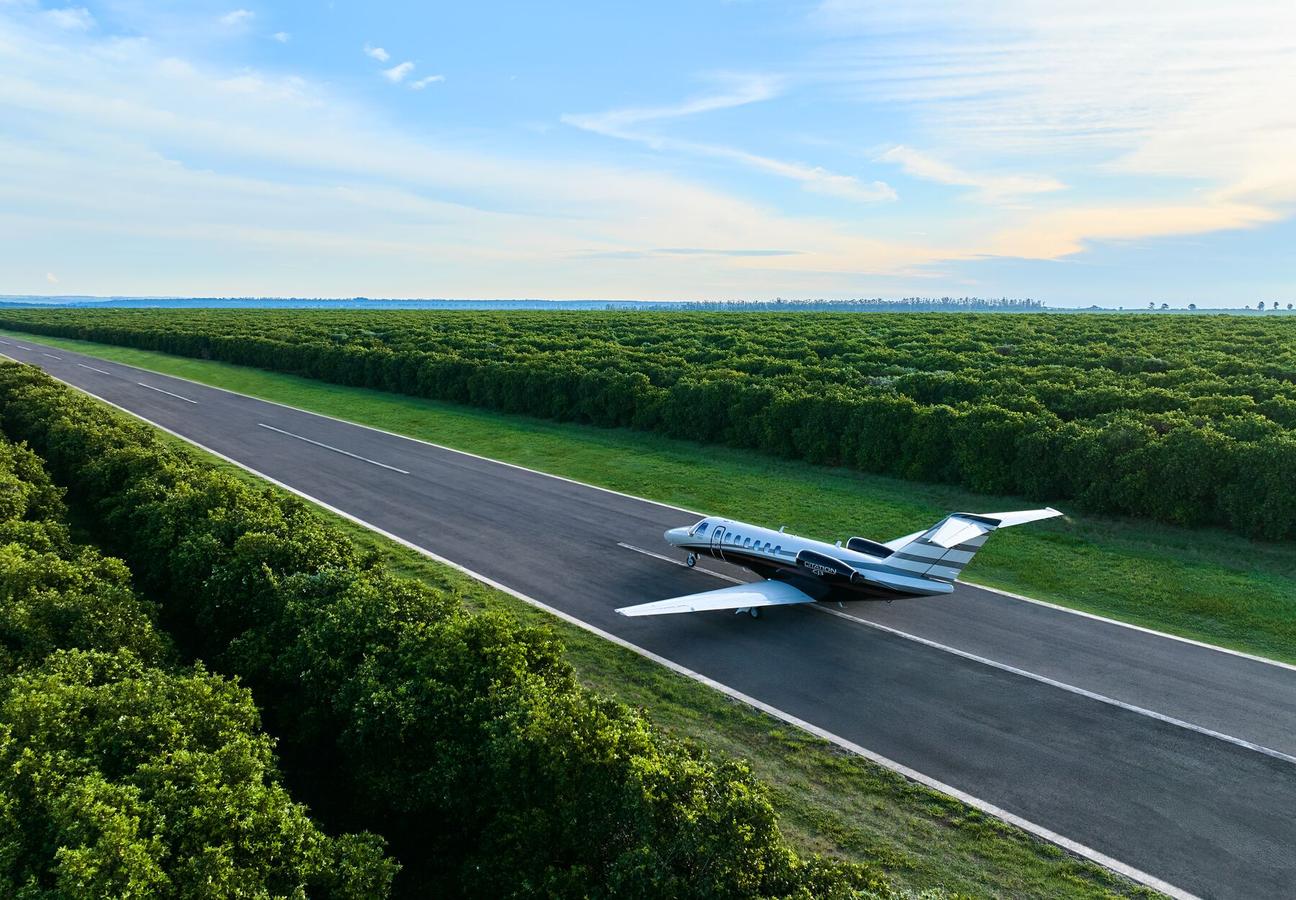
A CJ3 ready for take-off
Best for: Boutique PE or Luxury Hospitality
Midsized but surprisingly roomy with enough space for half a dozen colleagues and a fully-formed strategic growth plan. Great for covering five cities in three days.
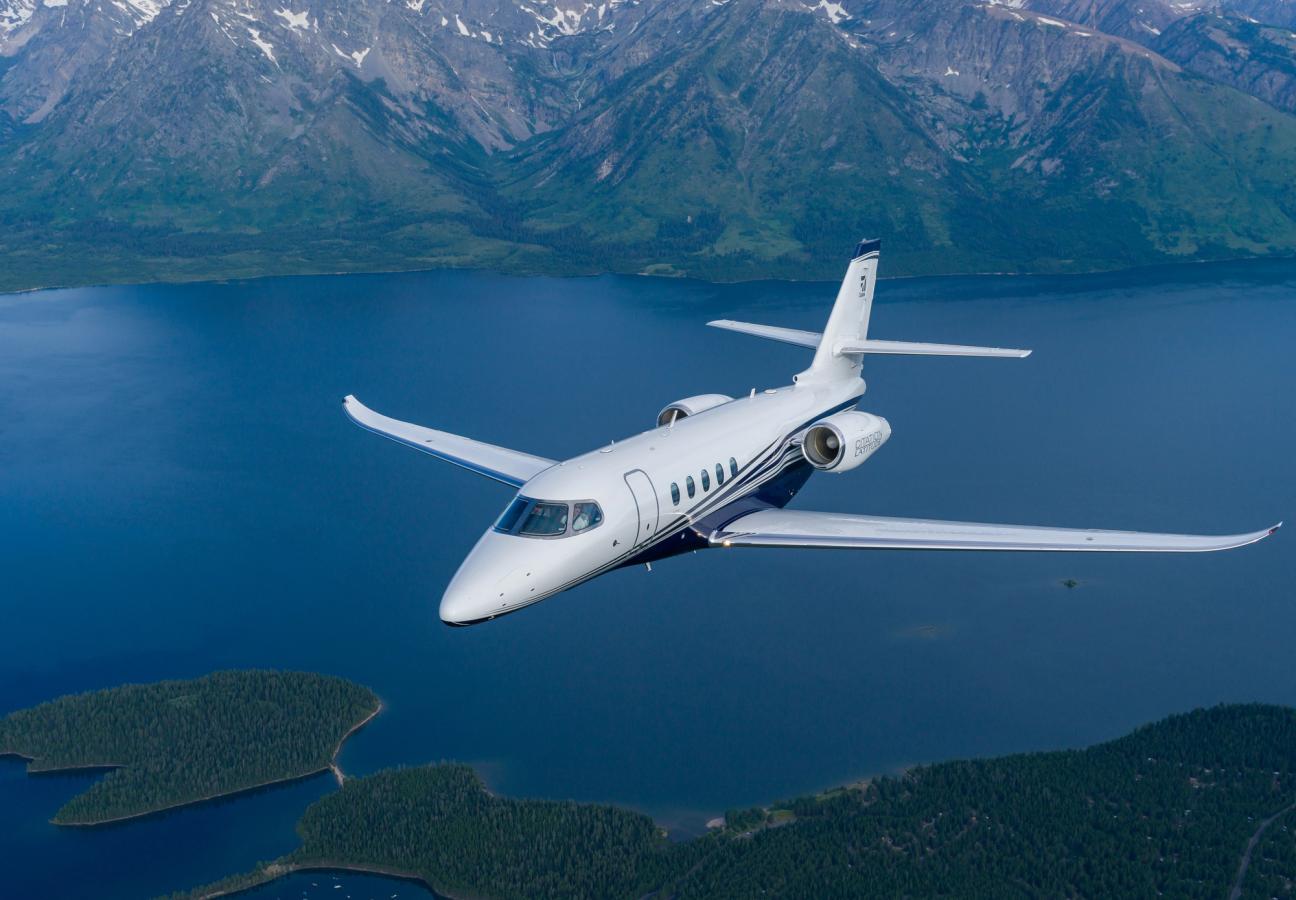
The Cessna Latitude
Best for: Charter companies, fleet operators, or FTSE 100 firms
With transcontinental range, advanced avionics, and a spacious cabin, the Longitude is built for high-performance business travel. It’s ideal for organisations that demand reliability, reach, and comfort across global operations.
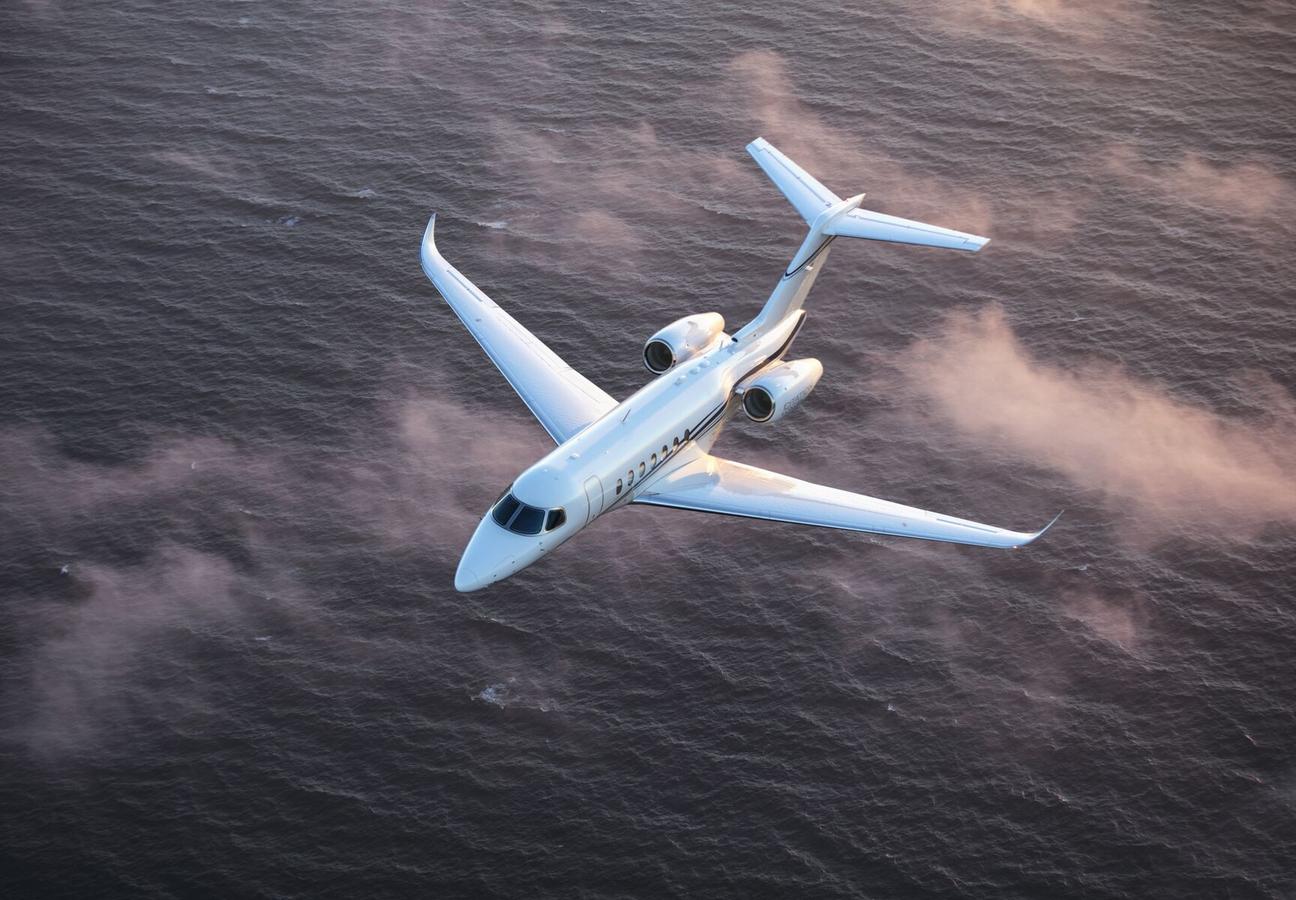
The Cessna Longitude
Final Call
Let's be honest, most of us reading this probably haven't ever really considered putting down a deposit on a jet. But there’s something exciting about the idea that you could. That your start-up might one day outgrow the railcards and red-eye flights and evolve into something that needs its own wings. Or maybe it already has and you just haven't realised it yet.
In the end, a private jet isn’t just a status symbol. It’s a time machine for the modern entrepreneur. An enabler. And with the right business model, the right aircraft, and the right ambition, it might just be the best business decision you'll ever make.
For more information about Textron Aviation Aircraft visit their website.


